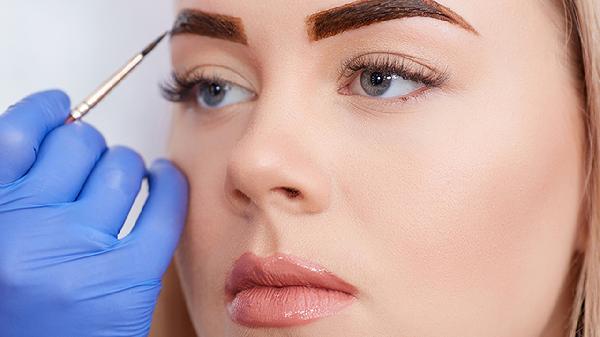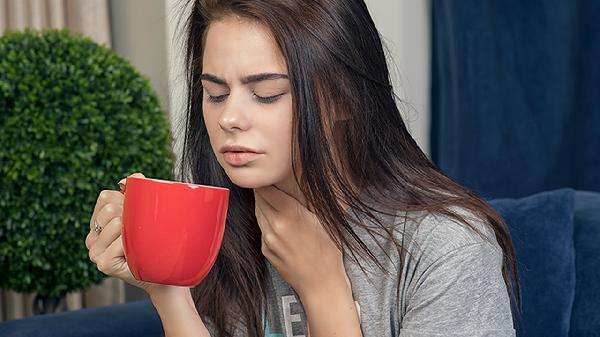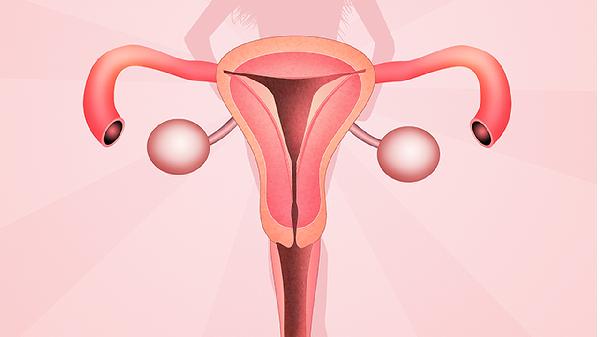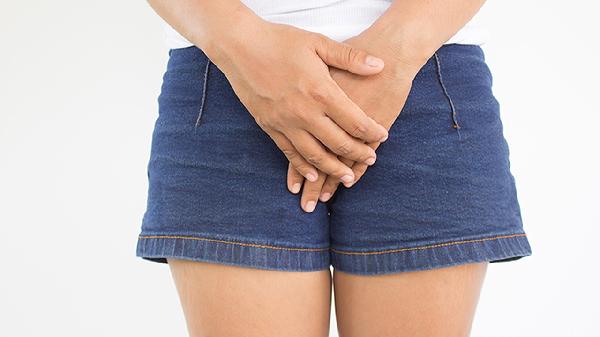Many women are troubled by hair loss, finding their hair everywhere after combing or washing, and worry about going bald one day. Since hair loss is related to various factors, let's take a closer look.
What are the factors that cause hair loss in women?
1. Exposure to stimuli
Prolonged use of computers, phones, or TVs exposes people to radiation sources, which can cause hair loss. Additionally, frequent use of low-quality shampoos, harsh hair dyes, and regular perming can also lead to hair loss. Moreover, hair loss can be hereditary.
2. Irregular lifestyle
Some people enjoy binge-watching shows or often stay up late working overtime, which can lead to kidney deficiency and hair loss. Excessive stress can cause sleep deprivation, and prolonged depression, tension, and anxiety can disrupt endocrine balance, leading to malnutrition and insufficient oxygen supply to the hair, causing it to fall out. Furthermore, long-term use of certain medications can damage hair cells, inhibit normal cell division, and result in severe hair loss.
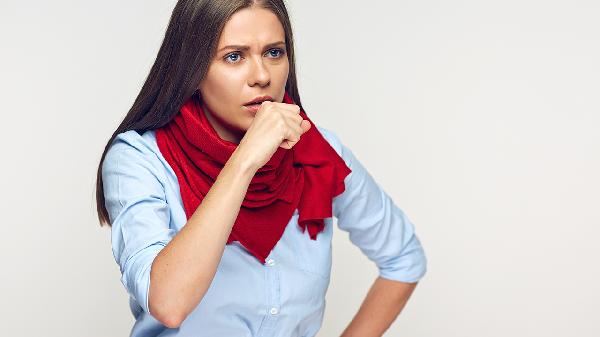
What should women do about frequent hair loss?
1. Break bad habits
Try to quit smoking and drinking, control the frequency of hair washing, keep the water temperature at 37℃ when washing, avoid using a hairdryer afterward, and avoid excessive force when combing. Massage the scalp with your fingertips every night before bed to promote local blood circulation.
2. Learn to relieve stress
Learn to reduce stress, take a break, and maintain a positive mindset. Hair is primarily composed of protein, so adjust your diet to include more protein-rich foods like meat, eggs, and beans, and consume 10 grams of black sesame seeds daily. Ensure you get a good night's sleep and avoid excessive emotional lows. Use a wooden comb when brushing your hair, as it not only removes dandruff but also promotes local blood circulation, alleviating hair loss.
3. Choose the right foods
Eat an apple daily; it is highly nutritious, containing malic acid that prevents dryness in hair and skin. Pectin maintains hair moisture, and its nutrients can inhibit dandruff growth, providing soothing and scalp-calming benefits. Kiwi is also a great choice, rich in arginine and carotene, which combat free radicals and oxidation, and its complex acids help maintain hair moisture.
Tips
Reduce unnecessary radiation, learn to relieve stress, and eat more foods rich in vitamin C and minerals to nourish the scalp.

